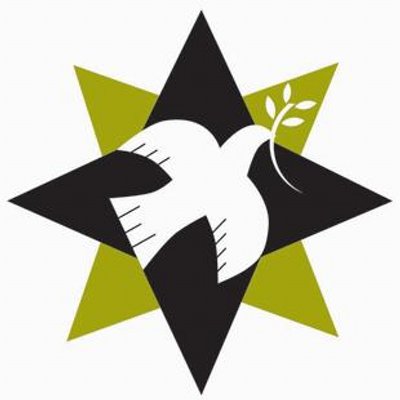The events in Atlanta yesterday, during which eight people were the victims of shootings – six of whom were people of Asian descent – is deeply upsetting. It refocuses my attention on the Quaker testimonies of peace and equality while underscoring the truth that not all people are treated as equals and feel equally safe in our society. We join the communities who mourn the acts of violence waged against people of Asian descent. These and other events remind us that not all people are considered equal, and that they are subjected to stigma and blame without justification.

At Buckingham Friends School, our mission guides us to “honor the Light within each person” and “instill the value of caring for others and our world.”
“Buckingham Friends School (also) strives to be an inclusive and accepting school where all voices are heard, valued, and incorporated into our story. We believe that a variety of experiences, perspectives, and identities are integral to the strength and continuous shaping of our interconnected community.
Buckingham Friends School is intentional in its commitment to honoring and teaching about diversity in all aspects of educational programming and community life. We seek to embrace and empower commonly marginalized and under-represented groups, recognizing that our community benefits when we include and uplift a broader range of voices. We believe this active engagement is the key that opens the door to a peaceful, yet powerful future in which our students will “Let Their Lives Speak.”” (BFS’s Diversity, Equity, Justice and Belonging Statement – 2019)
As shared last year, many parents and educators avoid talking about race and racism with elementary-school children because they believe it’s too early to engage with controversial and disturbing topics. The problem with this approach, say experts, is that decades of research have shown that young children notice racial differences early on, talk to their peers about race, and pick up explicit and implicit societal rules. Some findings:
- By three months old, children can categorize people by race.
- By three years old, children can express explicit forms of racial bias.
- By five, children of color are conscious of existing racist stereotypes about their group and are negatively affected by them.
- By eight, white children learn that it’s socially unacceptable to express racial bias, but implicit bias continues.
“Children are constantly developing ideas about race by interpreting information about the world around them from a range of sources,” says Margaret Hagerman (Mississippi State University). “Kids are aware of racial patterns when they see who lives in their neighborhood, or who goes to their school, or who their parents are friends with, or who is asking for money when they visit a city center. Kids develop ideas about race through the media they consume, the books they read, the debates they have on social media, the volunteering and traveling they do, the summer camps they attend, and the news that is streamed into their house every day… And these kids are making decisions every single day about how they will act in the world.”
In her own research, Hagerman has found that children “were neither too young nor too innocent to pay attention to the world around them… All of these kids knew something about the larger debates of our time, and many were excited to talk to an adult who would listen to their opinions.” Students told Hagerman that they wished family members and teachers had more conversations with them about these issues. She agrees, concluding that it’s important for adults to “provide young people with not only the necessary tools to help them understand race and racism but also the opportunity to be heard… Adults can never know young people’s questions, curiosities, fears, or anxieties about race in America without asking them.”


Thank you for this post, Paul. It is so important for the School to publically comment on this heinous incident and to proclaim and reiterate our values as a Friends school, so I am grateful for your words.
Thank you Paul. Our AAPI community greatly needs this support from others and education at the youngest ages is key to making long-term, sustainable mindset change. I appreciate your voice and allyship.